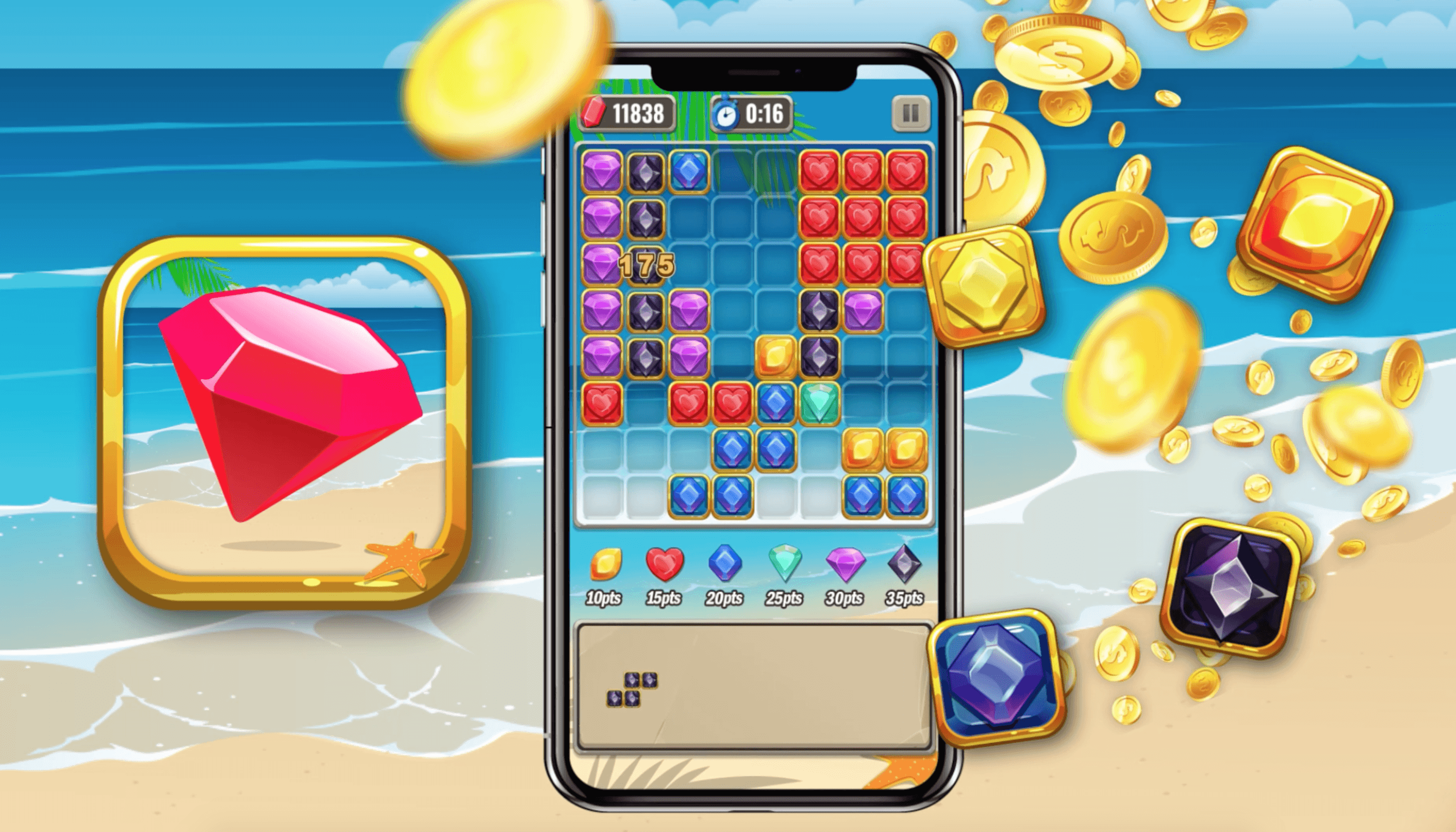How to Create a Successful Puzzle Game
Puzzle Genre History
Puzzle games originated with offline brain teasers and puzzles throughout history. Games like “Blockbuster”, “Snark Hunt”, and “Door Door” incorporated puzzle elements as early as the 1980s. The first video game to use the word “puzzle” in its title was “Puzzle Panic” in 1984. But puzzle games were largely popularized and revolutionized by Alexey Pajitnov’s “Tetris,” which went on to sell 30 million copies on Nintendo’s Game Boy.
In the 1990s, Mahjong games and “Minesweeper” thrived on the PC platform. And in 2001, PopCap Games released a match three game that was the foundation for popular mobile titles like “Candy Crush Saga” and “Puzzles and Dragons”. In 2014, puzzle games were the largest genre on the iOS App Store.
Why is the Genre Successful?
With so many new genres and games coming to fruition, it may be surprising that puzzle video games have remained so successful over the years. One reason for this is that puzzle games appeal to a basic pleasure center that humans have. Puzzle solving allows people to create order out of chaos, and in such a way that the player experience is never exactly the same. Therefore, players are constantly strategizing and making decisions, rather than simply using habitual memorization. Puzzle games are easy to learn conceptually but extremely difficult to master in practice. This is what keeps people coming back.
The continued success of the puzzle genre is due, in part, to the rise of smartphones. 81% of Americans own a smartphone, which means the total addressable market is vast. Mobile games are accessible to a large player audience with a wide range of demographics. As casual games and genres require minimum experience and are relatively easy to learn, players are eager to discover this type of content. Giving gamers the opportunity to compete with each other in head-to-head matches, as well as offering in-game social features empowers gaming communities to further drive the success of the genre.
Creating a Puzzle Game
With the large volume of puzzle games available, especially in the fast-growing mobile gaming sector, it is important to create a stimulating, engaging game to ensure its success. First, identify your target audience and confirm that creative and messaging align with their motivations in order to achieve a solid Install to Deposit rate.
When designing your game, remember that a good puzzle game is easy to learn but difficult to master. The player should feel that there is an end goal they are working toward, whether it’s solving the puzzle entirely or earning points for each strategic placement of a puzzle piece. Keep your style relatively minimal and avoid clutter. Use high-contrast color combinations and consider giving each color of an item a distinct texture or shape. Make the core loop engaging and simple, yet challenging enough so that the player must learn and improve over time.
Use visuals and sound effects to celebrate winning moments. Offer power-ups, increase the value of harder levels or matches, or give players a creative objective to create more depth. These additions will improve your retention by keeping players engaged and motivated.
After considering these important aspects of creating a successful puzzle game, ask yourself: What sets my game apart from others?
Puzzle Games on the Skillz Platform
One way to differentiate your puzzle game in the mobile games market is to make it competitive. With the Skillz platform, you can position your game on a tournament system where players compete against others of equal skill. Why are puzzle games so successful on Skillz?
- Puzzle games are built for competition. The level-based progression maps of puzzle games already serve as asynchronous leaderboards. With Skillz, players can compete against real opponents whenever and wherever they want.
- The familiar gameplay and mobile format give users the ideal conditions to raise the stakes. The rules and mechanics are universally understood, and appeal to a variety of competitive player types (e.g., pattern recognizers, math-oriented players, problem-solvers).
- Puzzle games are fundamentally skill-based, but some randomness in gameplay enhances player retention. The “random” element of puzzle pieces fosters an exciting, evergreen experience, while the Skillz fairness algorithm ensures each competitor receives the same random conditions.
- The quick, timed format is ideal for tournaments. Short game time leads to instant results and enables players to enter more tournaments in their available time. Players measure their progress against the clock, empowering a more rewarding experience while increasing their likelihood to compete again and again.
If you’re interested in seeing how Skillz can help you launch and monetize your mobile game, check out our Developer Console and download the newest SDK.
